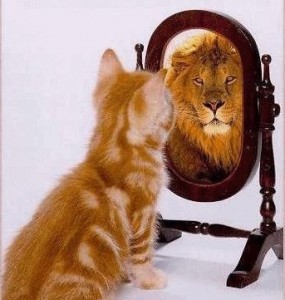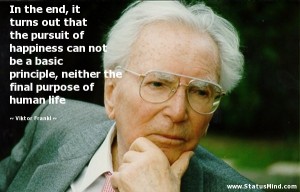Viktor Frankl: Existentialism and The Fall
Viktor Frankl’s views on existentialism can be categorized with the fall. His studies on people’s views of life after their experiences in the concentration camps is associated with the results of the consequences from the first Adam. Frankl stated that, “…it becomes clear that the sort of person that the prisoner became was the result of an inner decision and not the result of camp influences alone.” Not only was the Holocaust one of the most tragic and horrifying displays of what human beings can do to one another, but what people became of themselves and how they dealt with the aftermath is a direct result of the fall. “When a man finds that it is his destiny to suffer, he will have to accept his suffering as his task, his single and unique task.” His statement leads us to believe that if we are dealt a certain, unfortunate hand in life, we cannot change it, we can only deal with it; we have to accept the way things are and there is no other way around that certain circumstance. As a result of the fall, we are continuously fed lies about ourselves and our circumstances. If we believe that we cannot change a certain situation, then we can never move forward and redeem ourselves from the curses of the lies. Of course, not all of Frankl’s views were so pessimistic but when looking at his view from this angle it is definitely associated with the fall.


